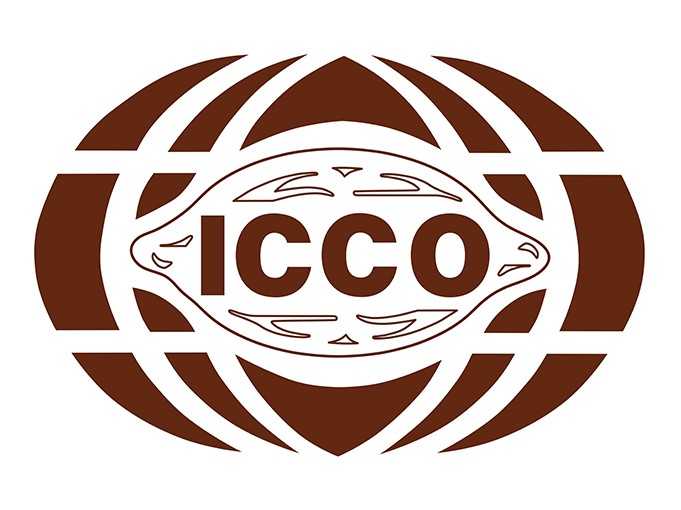ABIDJAN, Côte d’Ivoire – The International Cocoa Organization (ICCO) held the 107th regular meeting of its Council and Subsidiary Bodies from 25 to 28 April 2023 in Abidjan, Côte d’Ivoire, under the chairmanship of Mr. Abel Fernandez, from the Dominican Republic. During this session held in hybrid format, our Members had the opportunity to exchange views and make valuable contributions on the latest developments in the World Cocoa Economy.
During the four days of meetings, several relevant topics were discussed, including, among others:
- Confirmation of the reappointment of Michel Arrion as Executive Director for a period of 5 years until 30 September 2028.
- Update on the next World Cocoa Conference to be held at The Square, Brussels, in Belgium from 21-24 April 2024.
- Presentation of a study on the implications for the cocoa sector of the new regulatory frameworks for organic products in the European Union and the United States.
- Presentation of the long-awaited 4th edition of the “Pesticide use in cocoa” manual, jointly edited by the ICCO, ECA, CAOBISCO and the JOINT COCOA RESEARCH FUND, that will soon be available online.
- Approval of the setting up of an ICCO Expert Working Group on Food Safety.
- Preparations for the next edition of the Ad Hoc Panel on Fine Flavour Cocoa that will take place in Antananarivo, Madagascar, on 13-14 June 2023.
The next 108th regular session of the International Cocoa Council will be held from 2 to 6 October 2023 in Abidjan and will start with the celebration of the 50th anniversary of the ICCO and the 10th anniversary of the Abidjan Declaration on the Global Cocoa Agenda.
About ICCO
The International Cocoa Organization (ICCO) is an inter-governmental organization established in 1973 under the auspices of the United Nations and operating within the framework of successive International Cocoa Agreements. The ICCO is headquartered in Abidjan, Côte d’Ivoire.
The Organization comprises 52 Member countries, of which 23 are cocoa exporting countries and 29 are cocoa importing countries. These Member countries together represent 86% of world cocoa exports and 76% of world cocoa imports.
The ICCO seeks to promote and support the economic, social, and environmental sustainability of the cocoa value chain, and in particular to improve the living conditions of cocoa farmers. The Organization acts as a center for knowledge and innovation in the world cocoa economy; as a platform for institutional cooperation to foster dialogue among its Member countries and between key stakeholders in the cocoa value chain; and as a source of technical assistance for its Member countries.















